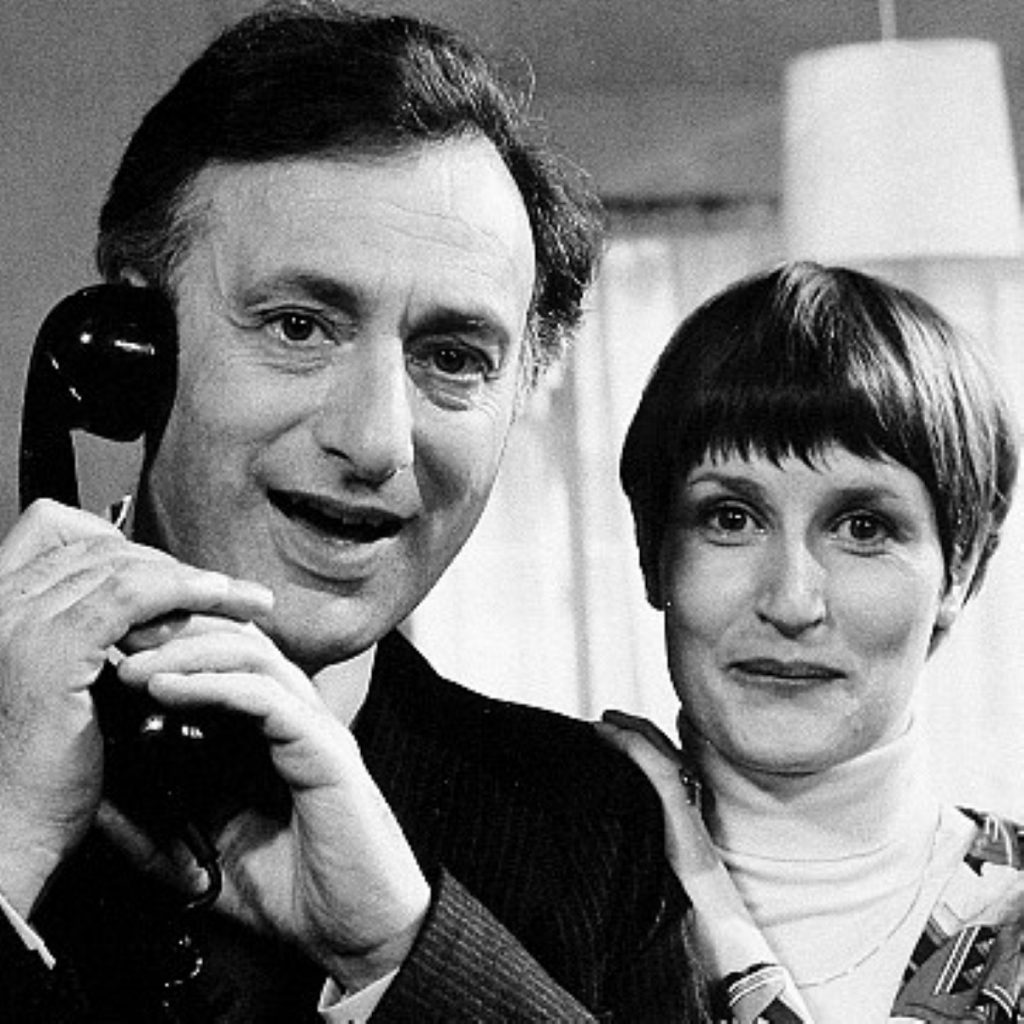Too many ministers?
By Ian Dunt
The prevalence of ministers in government is slowing down its work and costing it far too much money, according to an influential new report published today.
In a comprehensive demolition of the argument that the increased number of ministers – now at a record 119 – reflects the increased complexity of government, the public administration committee today demanded the number of ministers be reduced by a third.
“It cannot be the case that the United Kingdom needs more ministers at a national level than India, a country 20 times its size,” said chairman Tony Wright, whose recent recommendations for parliamentary reform accepted in full by the Commons.


The Indian national government runs a country of well over a billion people with just 78 ministers.
The committee also pointed to the modest number of ministers in Britain around 1950 – just 81 – despite the creation of the welfare state, the undertaking of major nationalisations and the administration of the British empire.
“The number of ministers has been growing ever since the 1950s, driven in part by the desire of prime ministers to hand out patronage positions and secure votes in the House of Commons,” Mr Wright added.
MPs concluded the excessive number of posts where overly costly, especially when all major parties are eyeing up potential efficiency savings to reduce the deficit.
They recommended a reduction in the number of ministers – predominantly junior posts – by a third.
The loophole whereby the presence of unpaid misters does not count against statutory limits on the numbers of ministers should be closed, MPs said.
The committee also called for a restriction on private secretaries so that only one is assigned to each department or Cabinet minister.









